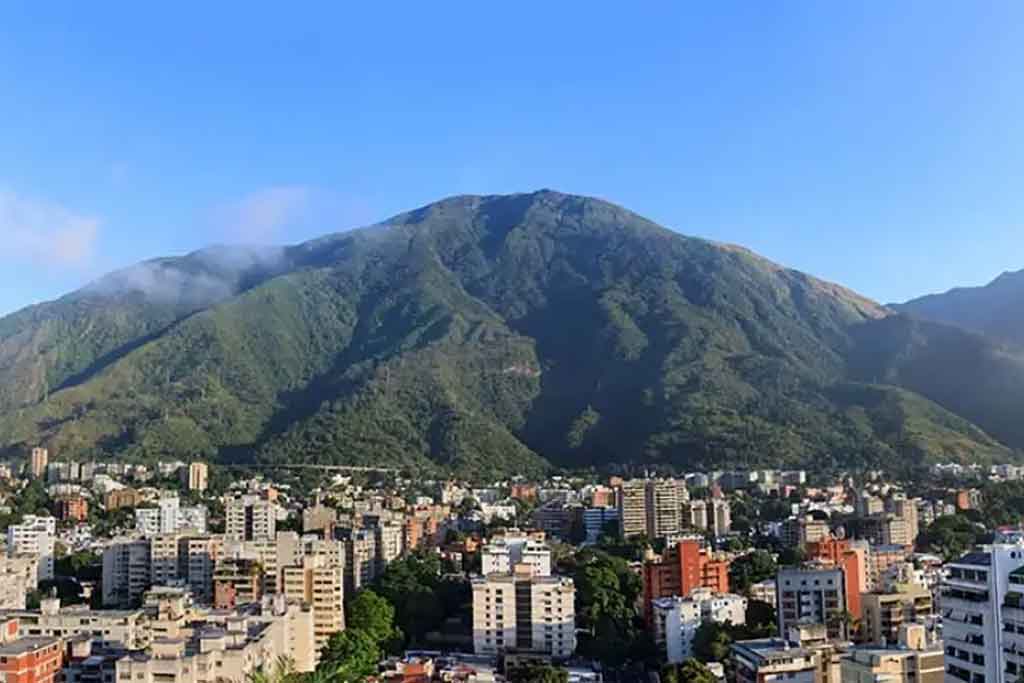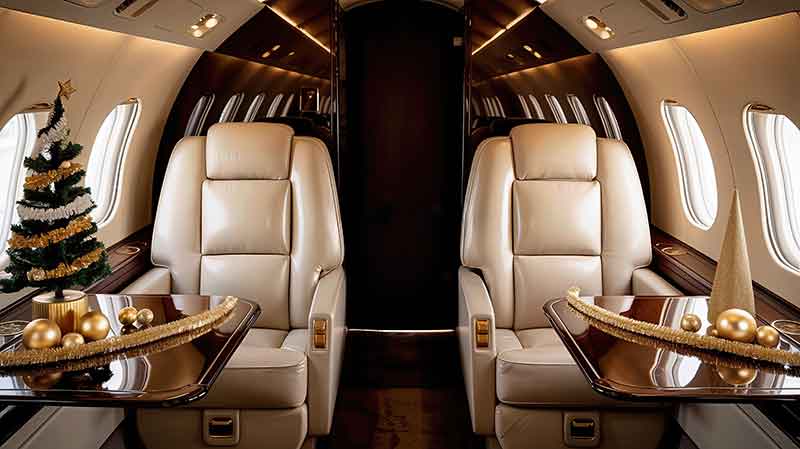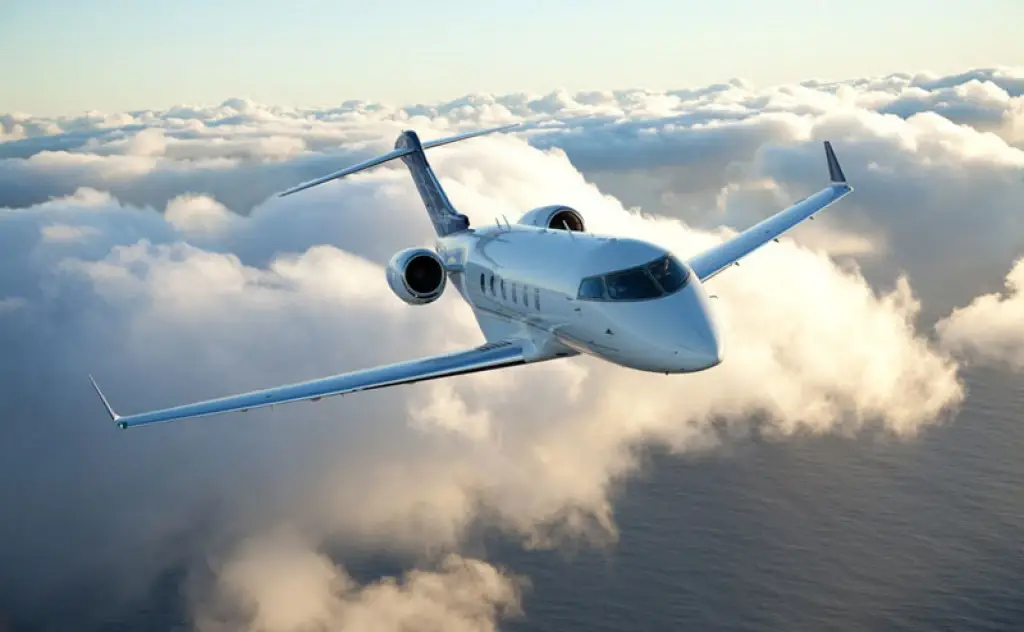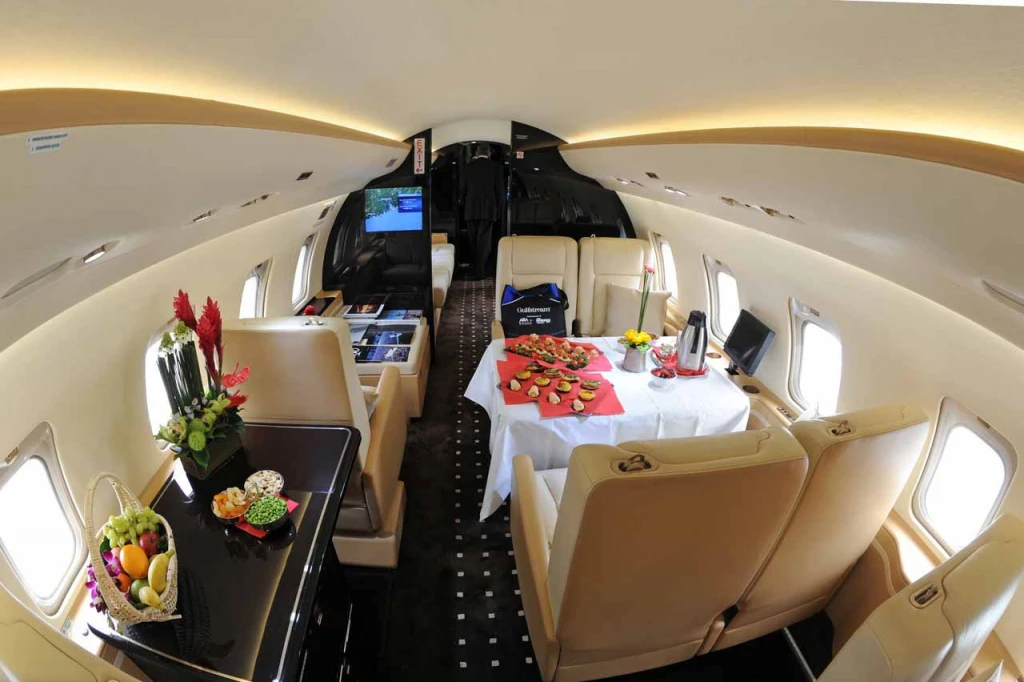There’s something about Sir Richard Branson that makes him very special. Perhaps it is the humble beginnings from which Mr Branson founded his empire that make his story so endea
Richard Branson
There’s something about Sir Richard Branson that makes him very special. Perhaps it is the humble beginnings from which Mr. Branson founded his empire that make his story so endearing. Overcoming dyslexia and poor academic results, Branson initiated his record business with The Student magazine for which he managed to scoop interviews with stars as famous as Mick Jagger. This dogged determination would become a trademark of everything Branson touched, constantly striving to alter the way industries work. To quote Branson himself: “There is no point in starting your own business unless you do it out of a sense of frustration.”
Indeed, it was this sense of frustration that led to Branson taking on major airlines with the creation of Virgin Atlantic, now a major airline in its own right. Once again, it was Branson’s own unique business philosophy – breeding businesses out of frustration at the existing options to consumers – that made this bold dream a reality.
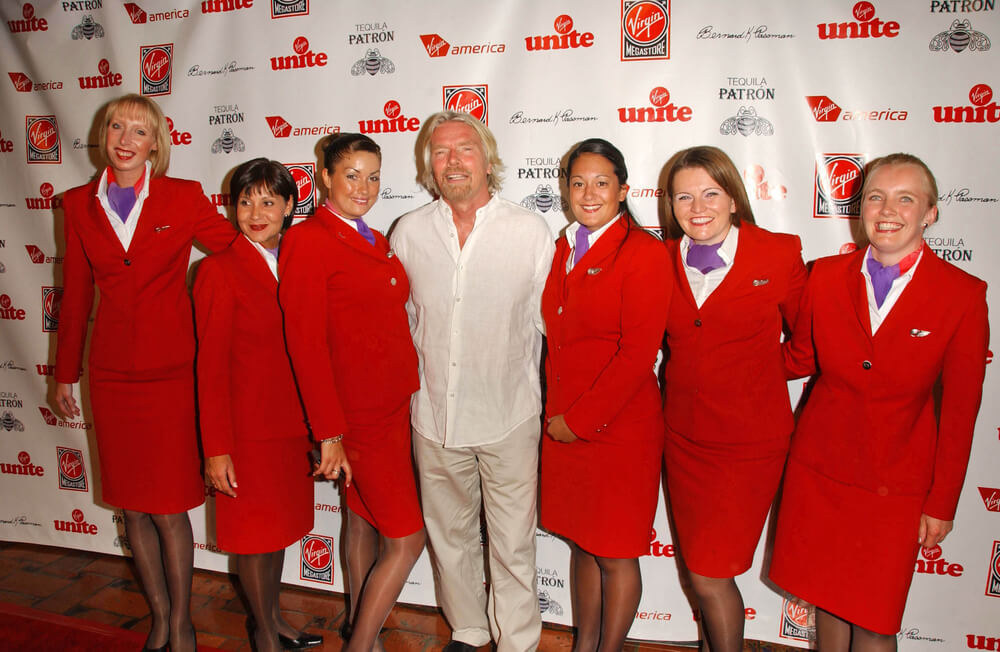
Virgin Atlantic
Virgin Atlantic currently operates a fleet of 45 aircraft, but it started of as an idea that Richard had while traveling to Puerto Rico with his partner Joan, and his flight was canceled. Rather than sit around waiting for the next flight as would be expected, Branson’s entrepreneurial determination emerged with a vengeance. He made some calls, tracked down a chartered plane, and split the cost of the name by the number of seats. Several months later, his airline was born.
Perhaps it was that very flight that awakened Branson to the wonders of private flying. After all, privacy is clearly important to the entrepreneur; he owns his own private retreat, Necker Island. The idyllic escape is located in the Caribbean and, although the hotel is open all year round, it only houses up to 34 people at a time. This impeccable degree of exclusivity is a testament to Branson’s own appreciation for privacy, and this is reflected in his flying preferences. The proud owner of a Falcon 50EX, Branson has stated that business aviation “saves time and gives [him] flexibility” – very important incentives for a man of Branson’s caliber.
Prior to this, however, Richard already had a much more deep-rooted adoration for aviation. His aunt was a strong flyer who teamed up with British RAF pilot Douglas Bader, a man who had to undergo surgery on his lost legs to have them replaced with tin ones yet never wavered in his insistence of flying. His mother, too, worked hard to achieve her goals and overcome any obstacles in her path. After being dismissed by Heston Aerodrome in the early stages of World War II on account of her gender, Eve Branson took it upon herself to disguise herself as a man and learn to fly gliders incognito. She would go on to teach new pilots how to control aircraft, who in turn would play a significant role in WWII, and after the dust had settled Eve became one of the first international air stewardesses; a profession that carried a much higher risk then than it does today.

As much as his resolve is a distinctive characteristic of Branson’s work, so too is his enviable ambition. On what inspires him to keep creating new, bigger, better projects, the entrepreneur said: “My interest in life comes from setting myself huge, apparently unachievable challenges and trying to rise above them.” This is, of course, reflected in one of his ventures: Virgin Galactic. In what he has explicitly labeled “the most exciting thing we have done”, Virgin Galactic is an attempt to make holidaying out of this world a reality. At a cost of $200,000 per passenger, Branson aims to fly people – or should we say, astronauts – to the moon for leisure. The venture hit a major stumbling block in October 2014 when a test flight exploded and, although this was a tragic occurrence, the danger is nothing new to the billionaire daredevil. In a succinct summation of his love of aviation and embracement of risk that seems a poignant way to finish, Branson said:
“On one’s deathbed, if you feel you have led a good life you can die peacefully and comfortably, but if you haven’t had a good life then you’re not going to have a good death.”
“If I look back on my life then the best of it has been those incredible experiences, like crossing the Himalayas between Everest and K2 in the balloon, wondering which one we were going to crash into, then the Chinese threatening to shoot us down.”



